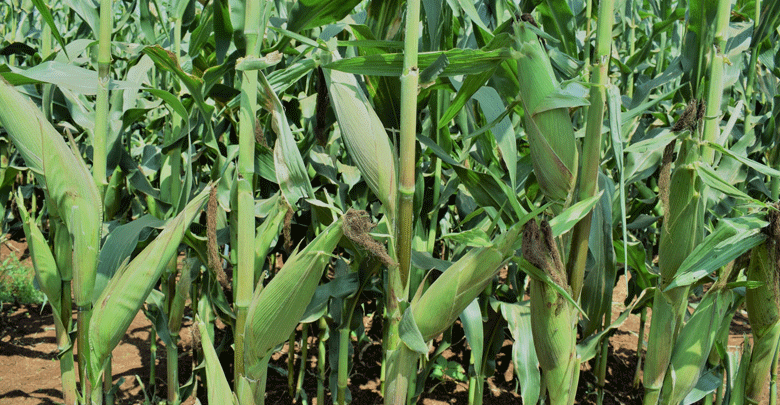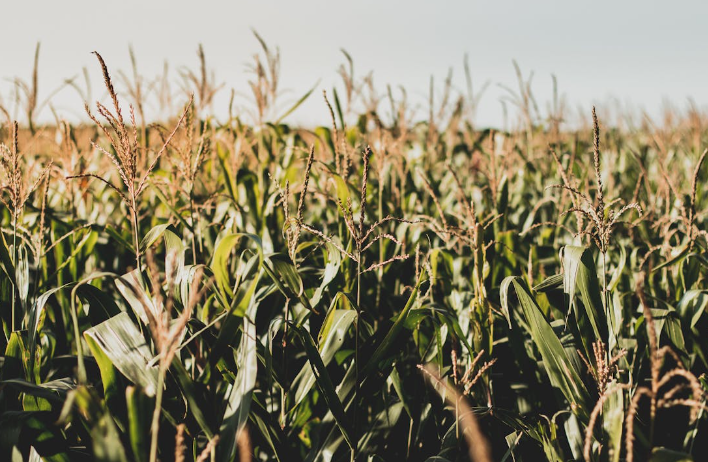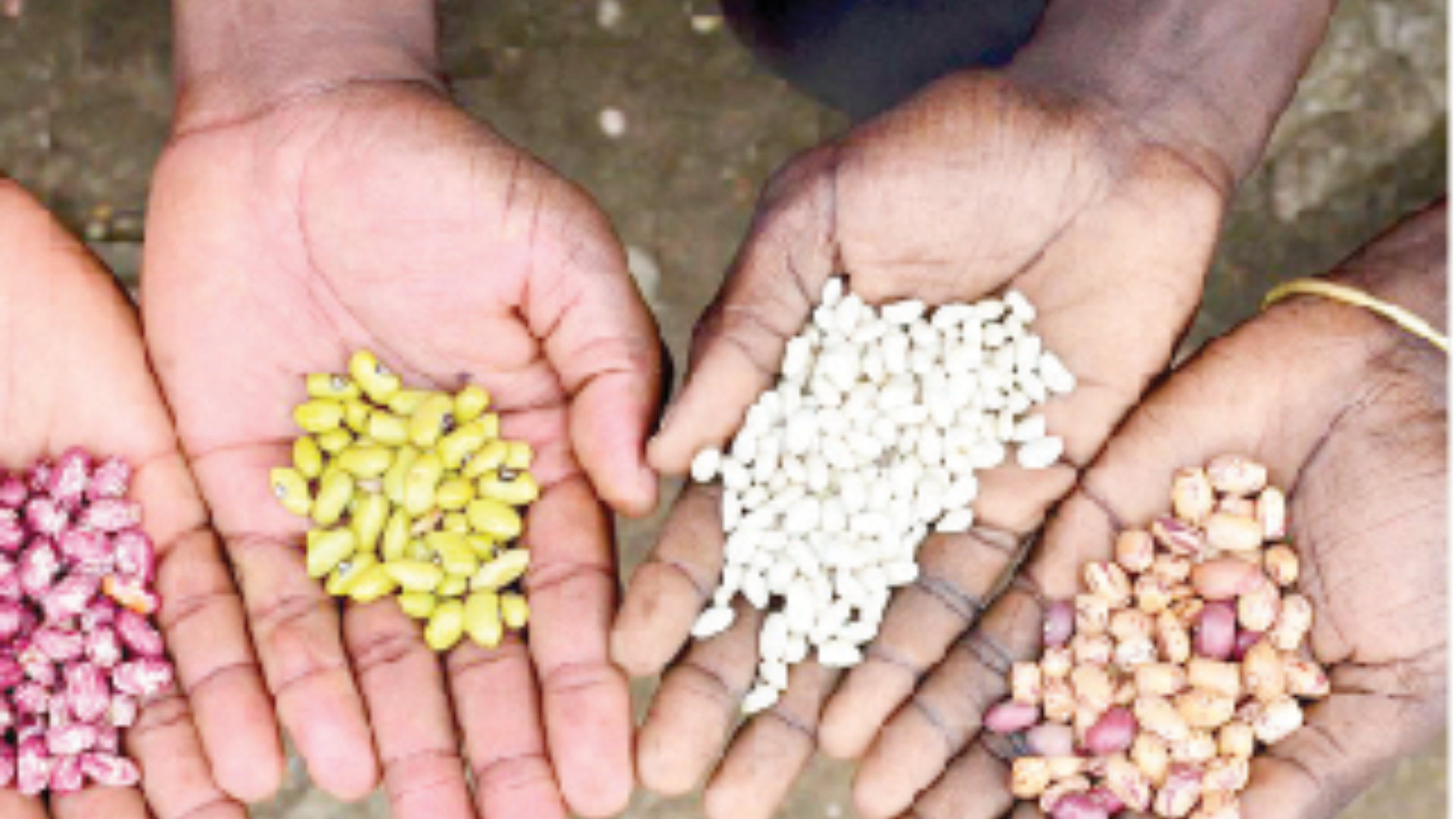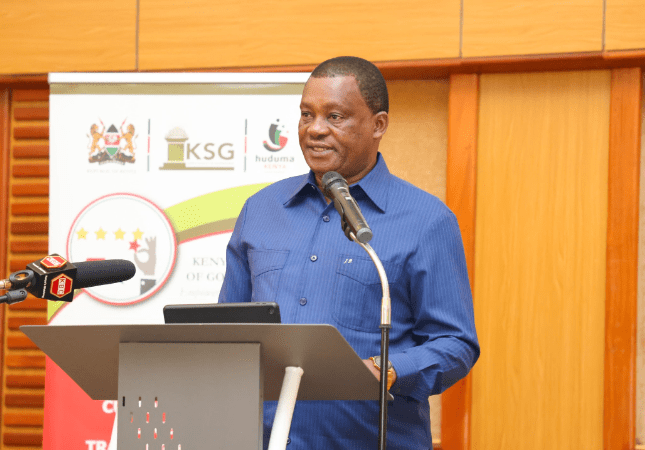What ails Kenya’s food system? A policy perspective

Achieving food and nutrition security is both an international and national goal.
Goal 2 of the Sustainable Development Goals (SDG) seeks to end hunger, achieve food security, improved nutrition, and promote sustainable agriculture by 2030.
The right to food is enshrined in the Constitution, with Article 43(1c) saying every person has the right to be free from hunger, and to have adequate food of acceptable quality.
Such a high-level and rights-based approach ensures food security is treated as a right and not a favour.
Given the high numbers of those suffering from extreme hunger and malnutrition, Kenya is far from achieving food security.
Covid-19 has further exposed the fragility of our food system. What are some of the factors contributing to this sad situation?
Food security is more than just a full stomach. It exists when all people, at all times, have access to sufficient, safe and nutritious food that meets their food preferences and dietary needs for a healthy life.
This points to several dimensions of food security that need to be taken into account — availability of adequate and quality food, access to the food and stability and the resilience of the food system to environmental, market or other types of shocks.
Unfortunately, our food policies focus on increasing agricultural productivity and yields at the expense of other equally important dimensions such as access and sustainability.
This has led to the prioritisation of only a few food crops such as maize and promotion of conventional agricultural methods that use a lot of inputs such as synthetic fertilisers and agro-chemicals, which have detrimental impacts on soils, ecosystems, biodiversity and human health.
The food system is a complex web of activities and sectors involving the production, processing, transport and consumption of food and is best conceptualised as an eco-agri-food-health system.
Adoption of agroecology is among strategies that can help transform our food system into a more eco-friendly, resilient and inclusive one.
Most Kenyans are aware of the often-repeated (and generally true) statistics: Agriculture employs most of our population, supports all other sectors and contributes significantly to GDP — over 80 per cent of our farmers are small-scale, with women providing most of the farm labour.
Most Kenyans are also poor and highly vulnerable. Simple logic and the tenets of democracy would dictate that policies should reflect and address the needs of the poor and vulnerable majority. However, the policies in place show otherwise.
For example, over 80 per cent of small-scale farmers rely on the informal seed sector comprised of own-saved seeds, exchanges with neighbours and local seed markets.
Yet the country’s seed laws, and regulations do not recognise and, in fact, criminalises the informal seed sector.
It is illegal to sell uncertified seeds, including the traditional seeds in local markets.
The conservation and use of local crop varieties through informal seed systems provide a wealth of crop genetic diversity and is recognised as critical for climate change adaptation.
Small-scale farmers know how to sustainably produce enough food, but the economic and political rules that govern their food system are often set against them.
The capture of the food system and policies by the elite and corporate interests is quite well known but is rarely acknowledged.
Kenya is famous for developing ‘good’ policies that are poorly implemented. Policies are simply statements of intent.
If not implemented, the good policies simply remain good intentions. Poor implementation can be attributed to several factors.
Impractical implementation plans or strategies, some of which simply repeat the policy statements, is one.
Few and poorly designed incentive structures is another. Policies require social, economic and fiscal incentives and disincentives to implement, and these need to be designed with the intended behaviour change in mind.
Moreover, many policies are simply not implemented either due to a lack of political will, poor coordination mechanisms or lack of financing.
However, without adequate financing, policies cannot be effectively implemented. In 2003, African countries committed to allocate at least 10 per cent of national budgets to agriculture.
Kenya, among other countries, allocates less than four per cent. The budgetary allocation to agriculture is consistently low compared to other sectors and is mostly spent on recurrent expenditure.
The perennial little investment in agriculture, poor implementation of existing policies which, in most instances, prioritise the interests of a minority elite and corporates, and the narrow interpretation of food security leads to the unfortunate conclusion that, despite the repeated invocation of statistics, there is little appreciation of the role of agriculture in national development by the policy system.
Achieving food and nutrition security requires an appreciation of its multidimensional nature and implementation of pro-poor and eco-friendly food policies.
Long-term political will, a change of policy mindset, and a multisectoral and multistakeholder approach is necessary.
More importantly, taking back control of the food system by farmers, communities, and citizens will be crucial in the realisation of the right to food. – The writer is a lecturer at the University of Nairobi (UoN) and coordinator of the Inter-Sectoral Forum on Agrobiodiversity and Agroecology















